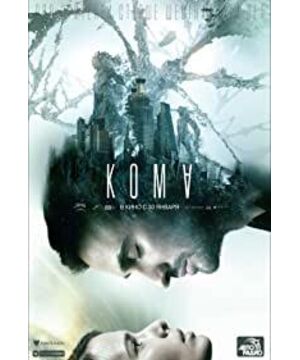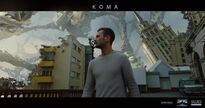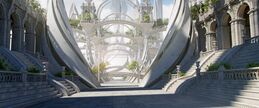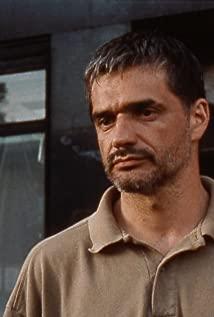Like Maozi's other films, some visual effects are comparable to Hollywood blockbusters, with various incomplete buildings, intricate passages, and a bit of the amazing feeling of Inception. It would be even more interesting if those weird buildings could be dynamic.
But some of the plot logic is still confusing.
Especially the part of the real world outside the dream, the introduction is even more vague. The male protagonist was invited to let him create a futuristic palace-style building complex. What will happen after it is created?
The villain doctor wants to kill everyone else, and he is the only one who uses that virtual building? You don't even have a servant, why do you want an illusory space by yourself? What's more, he is a normal healthy person, and a good doctor is an improper leader. He ran into a dream to be a bare-handed commander. How can he ensure that the operating doctors outside will listen to him?
The scavenger wanted to kill the male protagonist at first, saying it was an unconscious and spontaneous behavior, but in the end he found that the scavenger can also be conscious, why is it different before and after.
And compared to the vigorous beginning, the ending is a little hasty, it feels like the first bite of a watermelon is sweet, and the last bite is on the skin of the melon.
Personally, I still can't accept Maozi's generally exaggerated performance communication method, which makes some humorous dialogues, but also can't laugh out, and the communication method with East Asians is too big.
The originality of the film itself is still very good. It is several levels higher than the films of the Celestial Dynasty, but the way of telling the story is a little less interesting, and there is still room for improvement.
View more about Coma reviews











